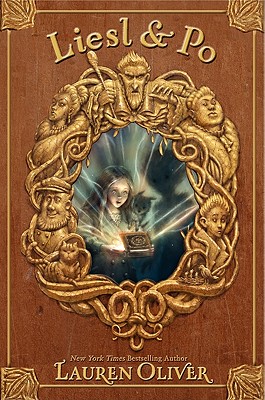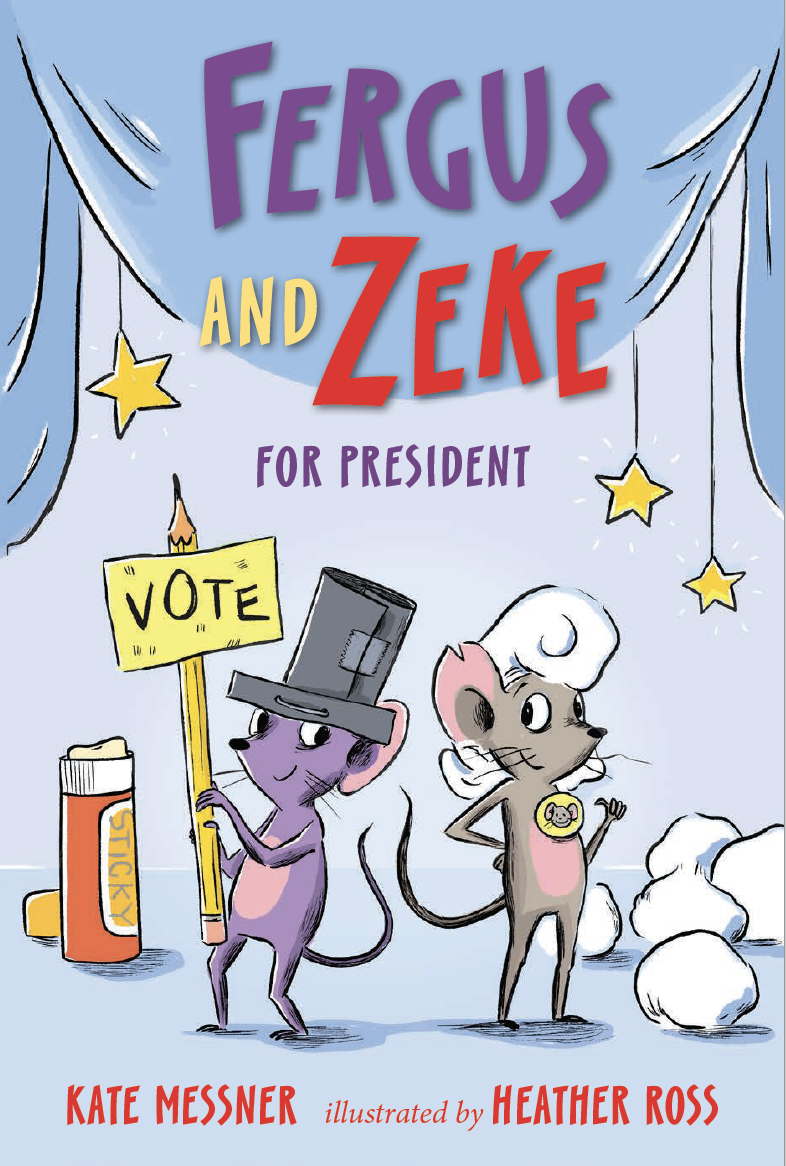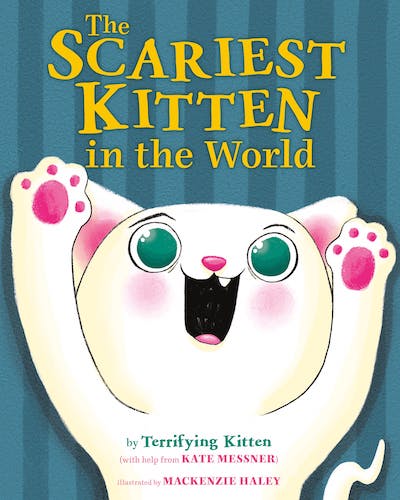
If you’re a regular reader of this blog, you know that my first book for teachers, REAL REVISION: AUTHORS’ STRATEGIES TO SHARE WITH STUDENT WRITERS, was released from Stenhouse last summer. I’ve celebrating with a series of author interviews on the topic of real revision…the nitty gritty, make-the-book-better strategies that some of my favorite authors use when they’re revising a project. Since most of the author interviews in the book are with middle grade writers, I wanted to feature some authors of my favorite YA novels in this series
Today…we’re chatting with Lauren Oliver, the author of terrific YA titles like DELIRIUM and IF I FALL as well as her new middle grade fantasy, LIESL AND PO.

Thanks for visiting, Lauren! How do you tackle the revision process? A little at a time as you write? Or all at once after you’ve finished a draft?
I’m definitely of the “write-through” philosophy. I write a full draft—a pretty messy first draft, often—and then I revise all at once from the beginning.
Do you have a favorite revision strategy that helps with any particular part of the process?
I definitely believe in taking a break between the first and second drafts; it helps you get clarity and perspective. And then I make a very manageable goal for myself: I tackle ten pages a day, for example, and I spend all my time making sure those ten pages work.
How do you revise to make sure your pacing works for the story you’re telling? Were there any parts of your original manuscript for this book that ended up being cut?
I tend to write way too much material and then have to prune it back, and I often rely on my editor to help guide me in this capacity. It can be rough to do the slash-and-burn thing, which is why it’s important to have readers you trust and on whose opinion you can depend.
What strategies do you use when you’re revising to make characters feel real & believable?
I think that it’s important to know your characters the way you know your best friends. You have to understand them in a deeper context and framework than just the world of the story. It’s only with strangers that you think of people in terms of superficial identifiers (blond hair; tall; pretty). When you get to know people more deeply, you know their quirks and habits, and you see them as the sum of those details (loves bananas but hates apples; chews loudly; cries at Hallmark commercials). I try to ask myself questions about each of my characters—favorite foods, music, etc—and also to think deeply about their wants and needs.
What was the biggest revision job for this particular book? (timeline changes, new chapters, rearranging scenes, etc?)
To be honest, Liesl & Po underwent very little revision. Probably the most significant piece was making sure that all of the different threads of the book were resolved, and then also going through the text with a fine-tooth comb to check for inconsistencies or repetition.
Did this book keep its original title, or did it change along the way? Where did the title come from?
It kept its original title—it seemed a natural fit to name the book after two of the major characters, whose friendship forms such a critical part of the story.
Anything else you’d like to say about revising this book?
I’ll say about revision in general: it’s fascinating because really every single book requires a different set of editorial revisions and skills. That’s kind of the amazing thing about being a writer—you are constantly challenged by new books and projects, and constantly forced to reevaluate your process. It’s a beautiful thing.
Thanks, Lauren!
If you’d like to read LIESL AND PO (and it’s wonderful, so you really should) you can click here to find it at your favorite independent bookseller.
And if you’d like to read more author revision stories, I hope you’ll check out REAL REVISION. There’s a preview up on the Stenhouse Publishers site, and you can order the book from your favorite indie bookseller, direct from Stenhouse, or elsewhere online.





I FINALLY got a copy of your revision book, Kate. I’m excited to share some of the lessons with my students (and myself).
Oh, that’s great to hear! I’m so glad you’re finding the ideas to be helpful. Let me know how it goes with the kids, okay?